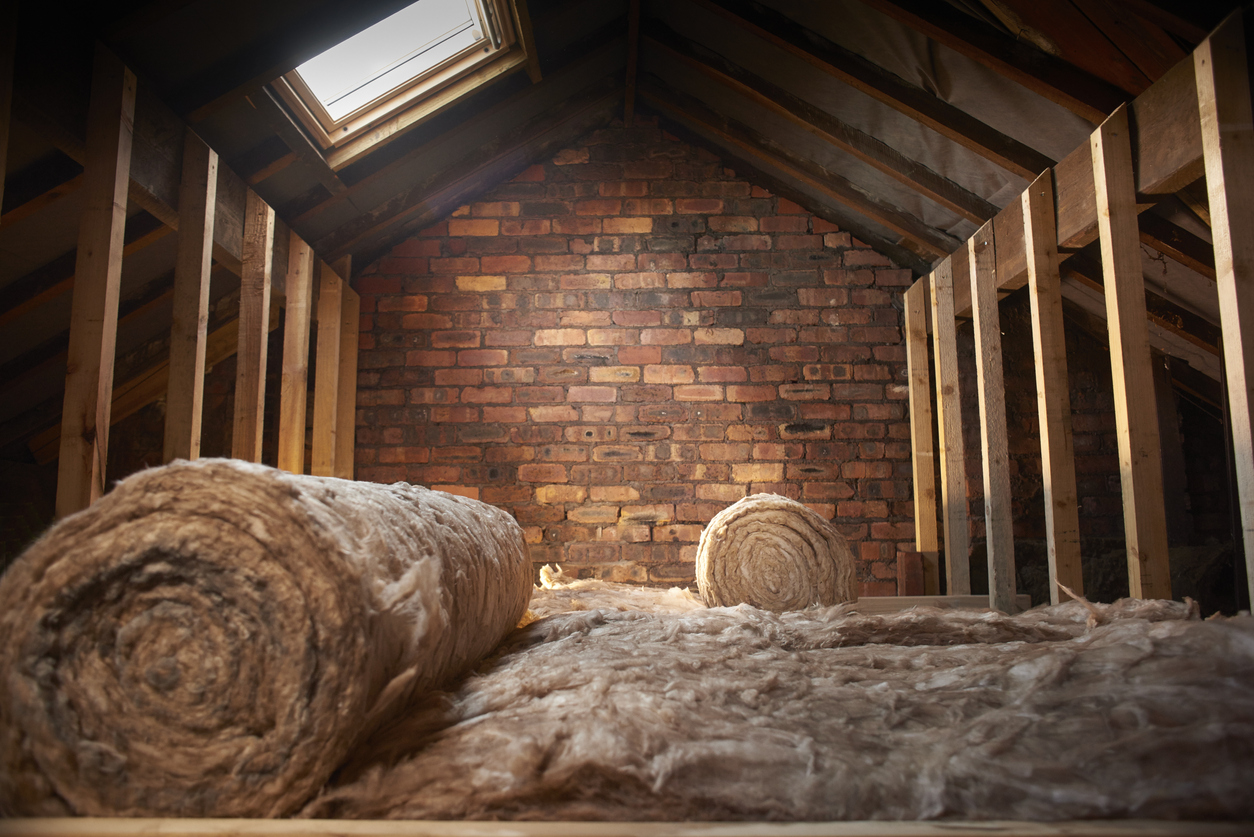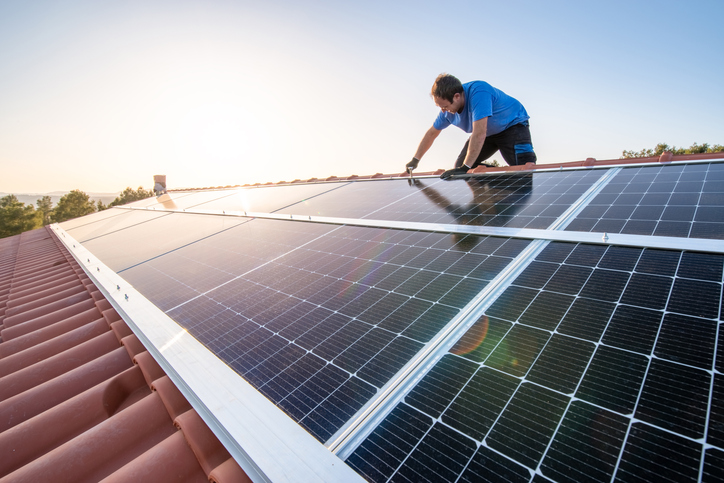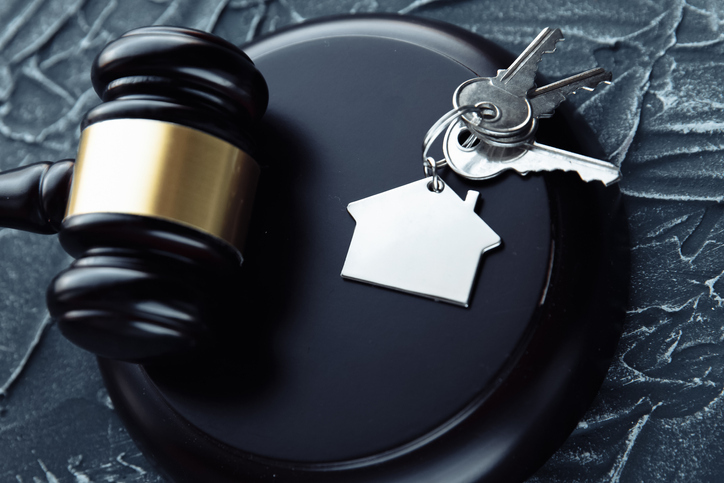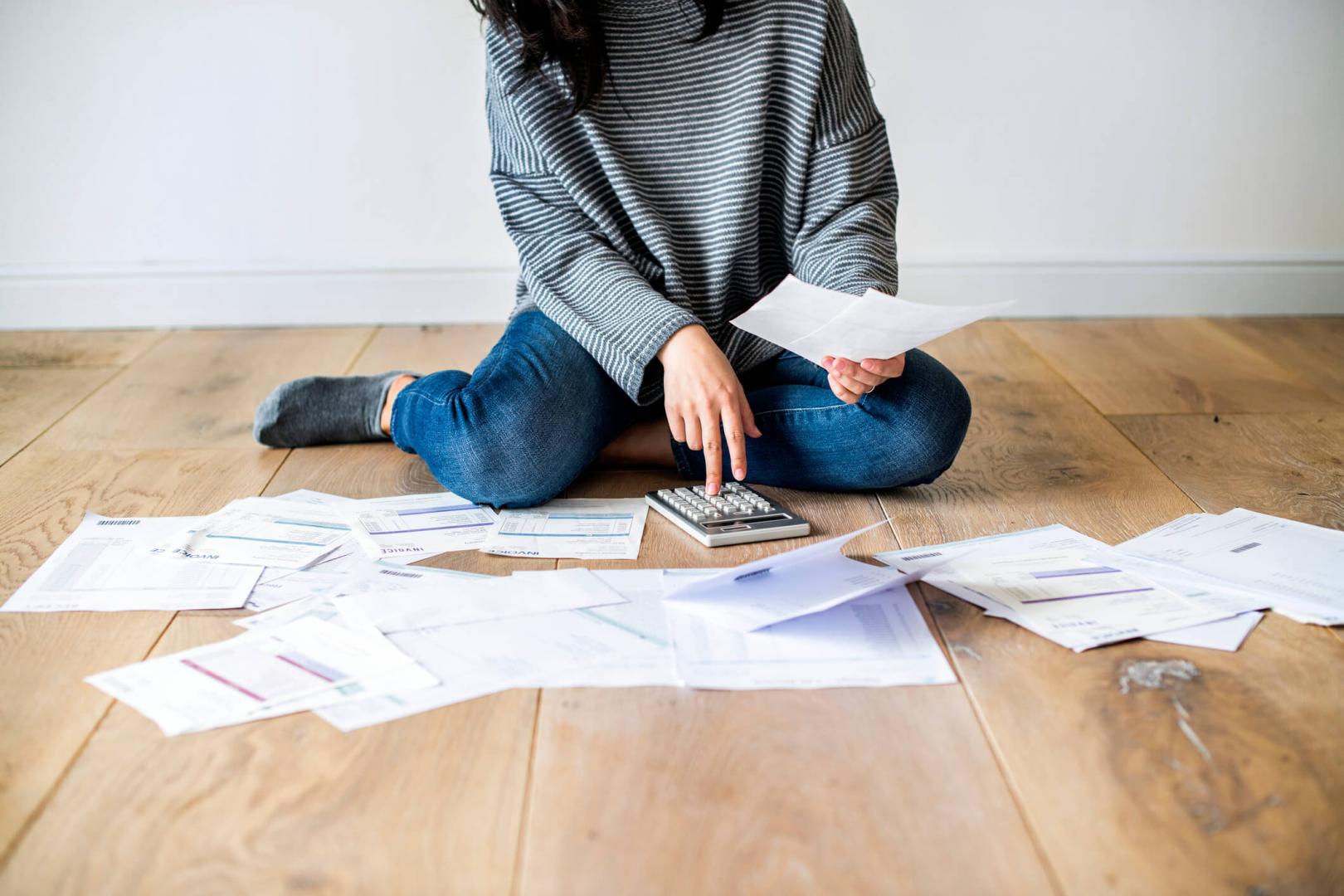As our global temperatures increase and the effects of climate change start to impact us more and more, our behaviour and decision making about how we live our lives has to change too. In the UK we are working towards carbon net zero by 2050. In order to achieve this, we have to re-examine our homes, as renters, landlords and homeowners. A government report showed that in 2021, the residential sector accounted for 19.9% of all carbon dioxide emissions in the UK, primarily down to the use of natural gas in heating and cooking. It should be noted though that electricity usage is calculated separately and the usage is included in the statistics for the energy supply sector. Therefore, there is a huge onus upon all of us to live in a more sustainable way, which includes making our homes more energy efficient and investing time and money now so we can reap the rewards sooner.
There are a number of ways this can be easily achieved and this article identifies some simple changes such as reducing waste and consumption, offsetting emissions and insulating homes as good places to start. Small changes at an individual level can add up to huge reductions in CO2 emissions, so let’s examine how we can all play a part.
What is sustainability?
Sustainable living isn’t about living perfectly, it is about making changes within the ways we live our lives as individuals, our homes, and our communities so that we are all working towards a bigger goal of preserving the planet.
It will look differently to every person depending upon their circumstances. However, when lots of people make small changes, we are able to make bigger changes on a local, national, and global scale, we are the sum of our parts. Think about when an athlete makes microscopic changes to the way they run or swim. Each change may only reduce their time by a fraction of a second but if there are several of these changes, it could mean that their performance improves by a second or more, and that is the difference between winning and losing. The same thing applies to sustainable living, if everyone in the UK recycled just 1 more plastic bottle every year, then there would be over 60 million less bottles going into landfill every year. And that’s just one example, there are many ways we can make small adaptions to the way we live that doesn’t adversely affect our quality of life in the short term but could have bigger positive effects in the long term. Now you may be confused as to why a letting agent is writing a blog post about sustainable living. We believe that sustainability is a positive way to be living and we will be looking at ideas to help both tenants and landlords alike in the future, so we all can play our part.
Why does it matter?
Quite often people feel powerless when big things such as climate change is occurring, they don’t feel as though their contribution matters. But it does. Every positive action a person takes has a positive impact upon all of us living more sustainable lives and a positive impact upon the planet. Many people get lost in the individual vs collective debate about how much individuals, groups and corporations should be contributing. We can all argue that governments and corporations should be doing more, and in many cases, they should be, but we can all play a part too.
What we can all do?
There are many ways that we can make small changes, but it starts with reflecting and evaluating where we currently are. So, if this is an area that you feel you could make some positive changes, here are a few places to start:
- Reducing your consumption – Consumption can refer to anything from food to water, energy, electronics, clothing, or natural resources. Take some time to reflect on how much you are using. Do you leave taps running too long? Do you buy clothes that you never wear? Do you fix appliances when they break or throw them away? The old adage of ‘mend and make do’ in the early part of the twentieth century was actually a good blueprint for living sustainably. What can you do to reduce consumption?
- Reducing waste – Living a zero-waste life isn’t easy, and it isn’t possible for many people especially if they are constrained by time or money. But still there are positive changes that everyone can do. Recycling, upcycling, and repurposing items rather than throwing them away. This could be a landlord buying upcycled furniture rather than brand new or a tenant giving unused items to friends or family. Around 60% of our landfill is organic matter, so whether adding a composting bin to the garden or using coffee granules as a natural fertiliser, there are many ways we can all reduce waste.
- Shop locally and fair trade – Buying from local producers can be tricky if you are trying to save money so look at items that are fairtrade in the supermarkets, especially when they are on offer. Shopping locally is ethically beneficial, and much money will go back onto the local economy and you are also more likely just to buy what you need at that time. Shopping little and often and focusing on essential items will help to reduce waste, reduce over consumption, and reduce the environmental impact too.
- Offset emissions – Many of us are already trying to walk, cycle and take public transport whenever necessary, especially when we are travelling more locally. These activities help to reduce emissions and are better for our health too. There will however always be times when we need to use our cars or travel by plane. There are some online initiatives in which you can donate that go towards projects that help to counteract environmental impacts, so donating to these could help in a small way.
- Donate to sustainable initiatives – Not everyone is in the position to be able to contribute financially, but there are also options to dedicate your time. Volunteering a few hours every now and again, particularly in conservation initiatives mean that you are giving back and helping to support the ecosystems of the future.
- Plant a tree – Neighbourhoods with a large tree coverage have a reduction in air temperature during summer and better air quality overall so planting a tree can have real benefits. The woodland trust sells saplings for a couple of pounds, so this can be achieved relatively cheaply. You can also take cuttings from friends and family gardens too for a cost-free version. Landlords should consider the outside space as well as the inside space of a property when investing upon improvements of a property.
- Grow your own food – Many people think growing food is difficult, but many plants can be grown in a pot on a windowsill. If you have a bit of outside space, consider adding a small veg patch into the garden. Not only will the food you eat have less airmiles, but it will contain less chemicals and pesticides, often used in farming on a large scale.
- Insulate homes – One thing that we can all do is to evaluate our homes to ensure they are energy efficient. Some homes may need significant upgrades whilst others may simply need things such as draught excluders added to the property. Even filling a little gap can make a property feel much warmer and subsequently less energy will be used to heat the property.
- Using renewable energy – using energy tariffs that provide renewable energy or having solar panels and air source heat pumps are all great ways to reduce your carbon footprint and live more sustainably.
Final Thoughts
Sustainability will mean different things to different people. A sustainable community will be able to support itself, a sustainable environment will be able to regenerate and grow and living sustainably at home means that our individual contributions have a positive impact on us as individuals, our families and fundamentally our planet. The emphasis should not be on being perfect but having a change of lifestyle that positively impacts all of these things. As a company we will be evaluating our role in this area and will be bringing you ideas and initiatives that we can do to contribute as a company, and also provide advice and guidance for both landlords and tenants in the future. It is inevitable that we have to invest in our future, so we will be publishing future blogs which examine the options of how to achieve this in the most cost-effective way.











Share this with
Email
Facebook
Messenger
Twitter
Pinterest
LinkedIn
Copy this link